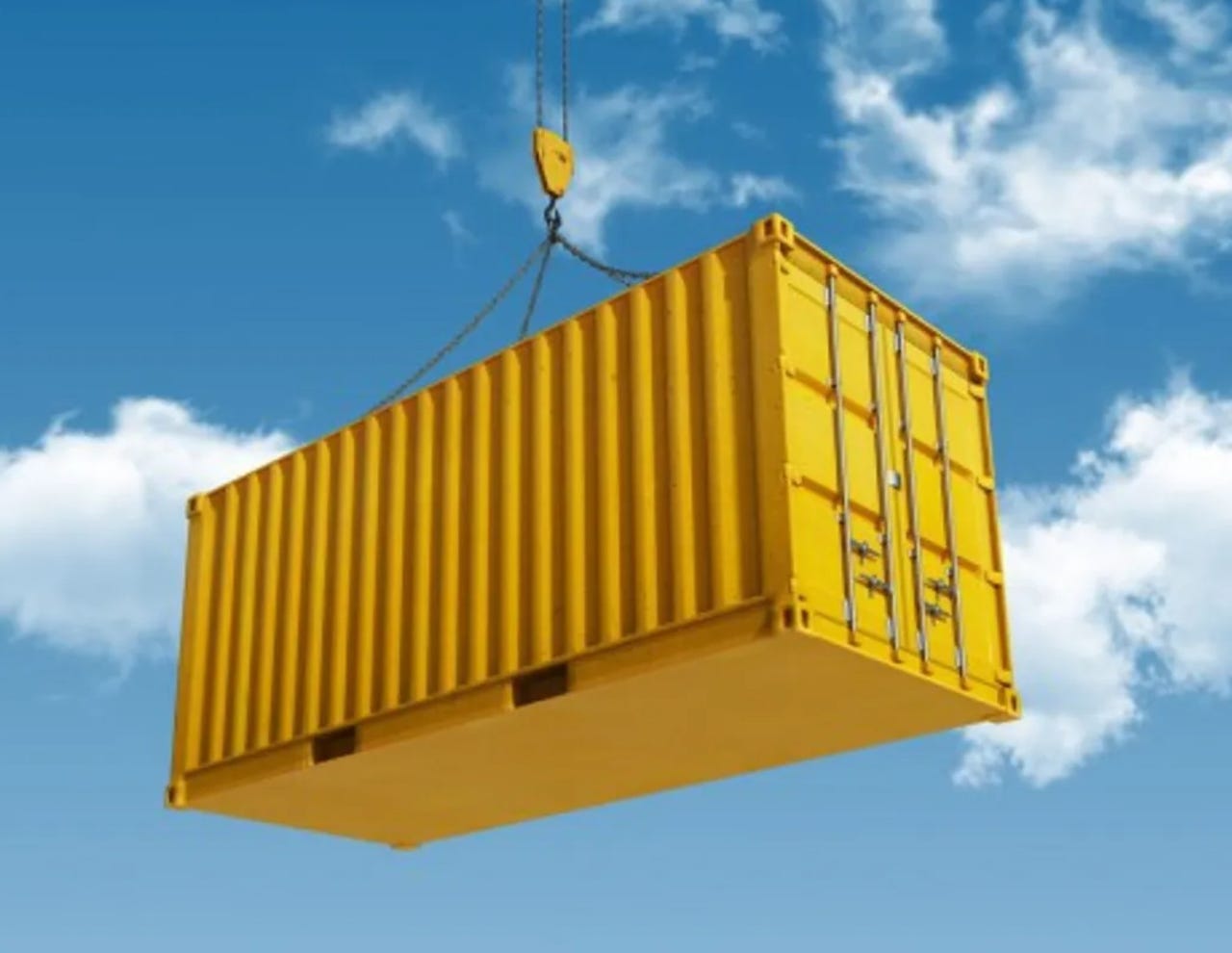































 Credit:
Credit: Microsoft's Azure and Azure Arc cloud management platform is continuing to evolve, as evidenced by several product announcements at the Ignite 2022 conference this week. And bringing Kubernetes container support to more endpoints is a key part of its distributed cloud-to-edge direction.
Microsoft announced this week that a public preview of Azure Kubernetes Service (AKS) on Windows IoT and Windows devices will be available in November. This lightweight version of AKS -- which officials referred to as "AKS lite" in an Oct. 12 blog post -- will work on microprocessor- and PC-type devices running Windows 10 or 11 IoT Enterprise, Windows 10 or 11 Pro, or Windows Server.
AKS lite is Microsoft's own Kubernetes distribution, built to run both Windows and Linux workloads, which officials originally unveiled at Build earlier this year as Project Haven. (For Linux containers, Haven runs Microsoft's own CBL-Mariner Linux distribution.) These containers can be managed using Azure Arc.
Also: Microsoft's competitor to Notion, its Loop app, is now in private preview
Container deployment and management is becoming key to many of Microsoft's customers' IT plans, said Erin Chapple, Microsoft corporate vice president of Azure Core. By writing apps to run in containers, Microsoft makes it so users will be able to take pieces of that app and deploy and manage them wherever a container platform is running, whether it's in the public cloud on Azure, on Windows/Windows Server, or on IoT devices.
"In its early days, (Azure) Arc was more of an on-premises mindset. It let you manage [on-premises assets] from the cloud and connect to the cloud," Chapple noted. But now, for many customers, "the application is now the center of gravity," she said. And some parts of an app may run in the cloud, while others may need to be on-premises for various reasons.
Which pieces of any given workload are optimized to run where often links back to the data, she said. "For example, sometimes it may make more sense to train an AI model at the edge because users may not want or need to pump all their data into a datalake. But in other cases, they may want to train it in the cloud, especially if they need the most up-to-date infrastructure.."
For customers interested in using AKS plus Azure Arc to manage their apps from cloud to edge, Microsoft also announced this week that it is expanding the Azure Hybrid Benefit to AKS and Azure Stack HCI (Hyperconverged Infrastructure). This allows customers to run AKS on Windows Server and Azure Stack HCI for no additional cost if they have Windows Software Assurance and Cloud Solution Provider Subscriptions.
 Tags quentes :
Inovação
Nuvem
Tags quentes :
Inovação
Nuvem